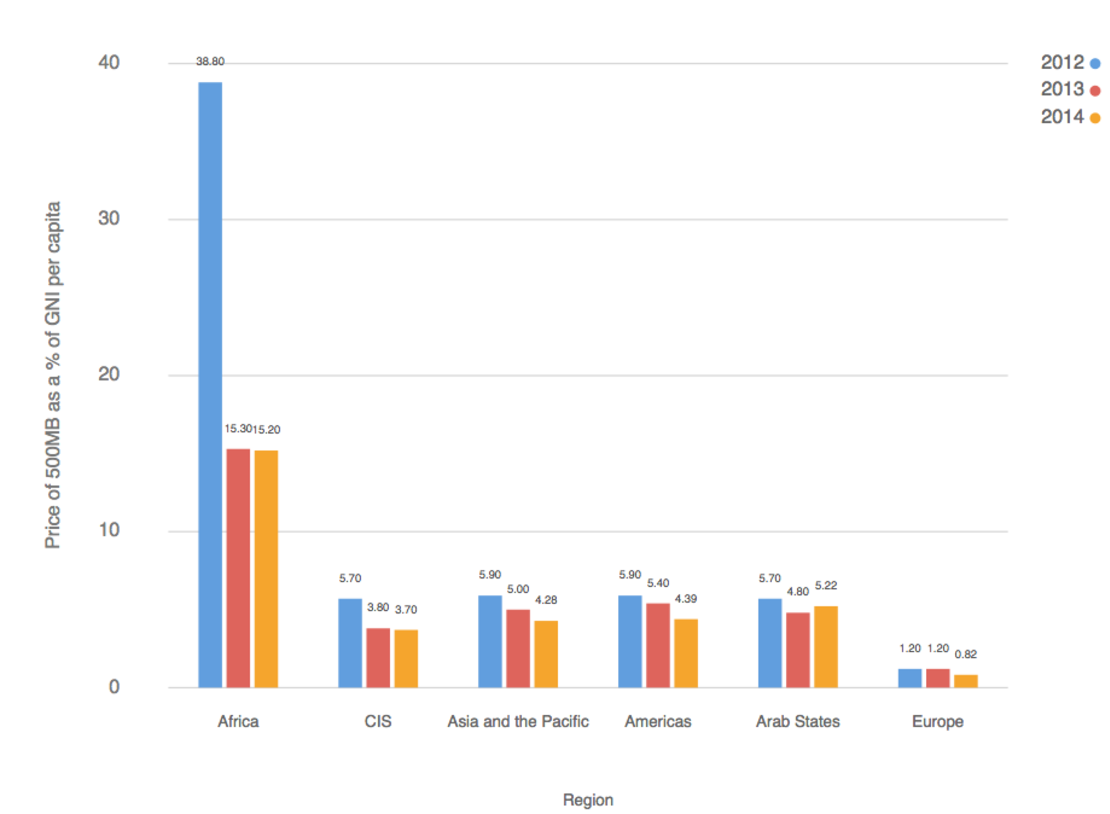Editor’s Note: Sonia Jorge is Executive Director of the Alliance for Affordable Internet, a coalition to advance affordable access to both mobile and fixed-line Internet in developing countries. The views expressed in this commentary are solely hers.
Everyone should have access to affordable Internet by 2020.
This was the conclusion of world leaders at the United Nations last September. Recognizing the power of connectivity to grow economies, strengthen democracy and accelerate social progress, all 193 member nations of the UN (including every single African country) agreed to this concrete target as part of the new global Sustainable Development Goals.
But, unless these same world leaders take drastic action to accelerate connectivity, we will miss this target by a mile. The Alliance for Affordable Internet (A4AI) Affordability Report, released in February 2016, shows that on current trends, the earliest we’ll get everyone online is in 2042. This connectivity lag will undermine global development and will deny at least one more generation the opportunities for growth and empowerment that Internet access can bring.
With just one in five Africans online today, Africa has a long road ahead. Though the technology to beam the Internet to every corner of the continent exists, billions remain shut out from the digital revolution for a simple reason: they can’t afford to connect. Internet costs in Africa are among the highest in the world, preventing many from experiencing the benefits of digital access.
For a paltry 500MB of monthly data — enough to watch just two minutes of video a day — the average African has to shell out over 15% of their monthly income. Compare this with the average European, who pays less than 1%. Until we drive prices down to a level that is affordable to everyone, millions will remain offline.

The good news is that, on the whole, prices are falling in Africa. However, the high rate of income inequality in many African countries is masking the true state of affordability. In South Africa, for example, a basic mobile Internet connection is seemingly very affordable, priced at just 1.5% of average monthly income.
However, around 60% of the South African population earns less than half of the national average income of US$6,800, meaning that for these people, this same basic connection actually costs significantly more, ranging from 7-15% of average income.
How then can we make affordable Internet access for everyone — including those earning less than the average income — a reality? There are two critical steps that governments must act on, now.
First, world leaders must agree to and start working toward a new, more ambitious “1 for 2” affordability target: 1GB of data for 2% or less of average monthly income. Our analysis shows that even in countries where broadband is priced at or below UN affordability threshold (i.e., 500MB priced at 5% or less of average income), income inequality means that millions remain priced out.
But, when prices fall to around 2% of average monthly income, Internet becomes affordable to everyone — even the bottom segment of earners. This new threshold for “affordability” will open up the possibility of access to millions of people currently offline, and upping the data allotment to 1GB will enable those just coming online to use the Internet in a more meaningful way.
Second, governments must also ensure that policies target those most affected by the high cost to connect — namely, low-income earners and women. These marginalized groups face unique barriers to access and use, from reduced incomes to limited education and digital skills. Policies must consider these challenges by addressing current gaps and supporting inclusive development — including for those left behind by market-driven connectivity efforts. To ensure universal and equal access, policymakers must prioritize public access programmes that provide free or subsidized opportunities to connect.
Inability to pay should not deny people the benefits of online access. Governments, the private sector, and civil society have important roles to play as we work to adopt the policies needed to drive access prices down and achieve affordable access for all. Together, we must start now to take bold steps toward achieving the universal access target and wider Sustainable Development Goals.


